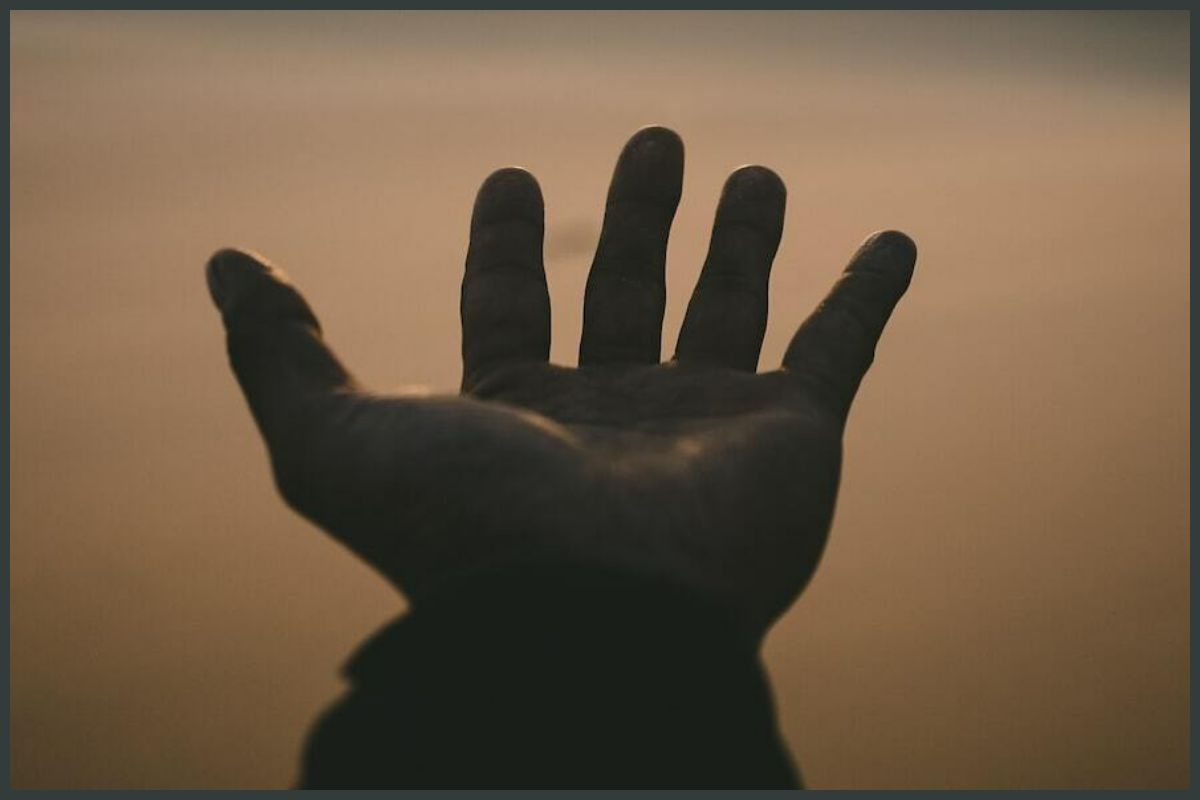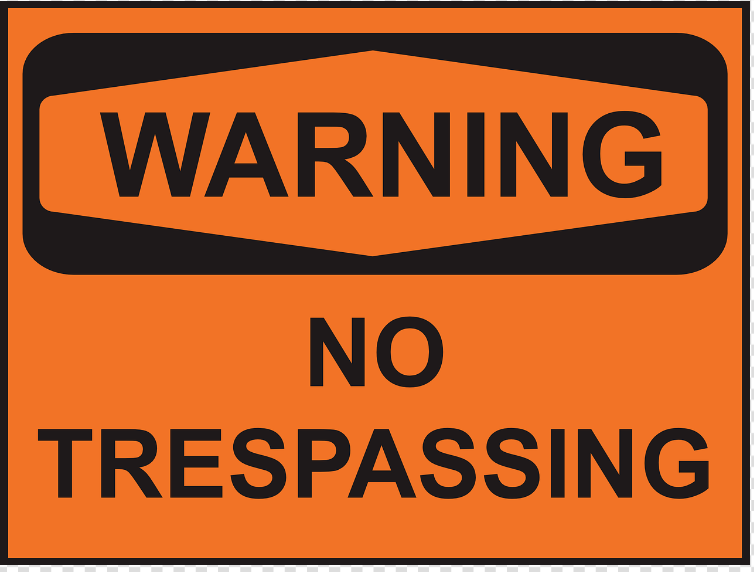1910 Kalispell Ordinance: Vagrants
I recently found an online directory of Kalispell City ordinances and thought it’d be intriguing to see what some of the ordinances of the past were. If I can find enough interesting material, I hope to share one ordinance from each year. This week’s post will cover a Kalispell ordinance I found from 1910 about vagrants.
 Ordinance #217 from 1910 addressed:
Ordinance #217 from 1910 addressed:
- Everyone (“except an Indian”) who has the physical ability to work but does not seek or accept work
- Every healthy beggar who collects “alms” as a business
- Every person who roams around town doing nothing lawful
- Every idle person who is an associate of known thieves and roams around the streets late at night
- Every idle person who lodges in a shed, barn, outhouse, vessel or any place that’s not meant for lodging without permission of the owner
- Every “lewd” person who lives in or around “houses of ill-fame” or lives with or uses earnings of a “woman of bad repute”
- Every common prostitute or drunk.
The Ordinance goes on to say all the people above are considered vagrant and could be put in jail for ninety days.
How have things changed since 1910?
Evidently the town of Kalispell was having issues with vagrancy in 1910. It also appears they considered alcoholics and those who live in “houses of ill-fame” in the same bucket as someone begging for money on the street. I’m thinking those who live in brothels (which is probably what houses of ill-fame are) actually DID work and did make money so they were lumping various behaviors into the “vagrant” category. They also excluded native Americans – it would be interesting to find out exactly why the distinction was made.
That being said, what’s different in the Kalispell of 2023? Anything?
Yes and No.
First, those who collect “alms” are now called panhandlers. And panhandling is not illegal. Current ordinances do ban panhandling in specific locations. Specifically it is not allowed with 20 feet of an intersection, at a bus stop, on mass transit and on private property. Otherwise, there is nothing that says a “healthy beggar” in 2023 cannot collect “alms.”” So that has changed.
 And what about someone who lodges in a shed, barn, outhouse, vessel or any place that’s not meant for lodging without permission of the owner? Today that behavior is considered criminal trespassing. Anyone convicted of this crime would receive a fine of up to $500 and/or be put in jail for up to six months. So this is still not allowed but the penalties have changed.
And what about someone who lodges in a shed, barn, outhouse, vessel or any place that’s not meant for lodging without permission of the owner? Today that behavior is considered criminal trespassing. Anyone convicted of this crime would receive a fine of up to $500 and/or be put in jail for up to six months. So this is still not allowed but the penalties have changed.
Next, prostitution remains a taboo although prostitutes are not called vagrants. While in 1910 a prostitute might get up to 90 days in jail, in 2023 they could get up to 6 months, a fine of up to $500 or both. Interestingly enough, in 2023, a person patronizing a prostitute is worse off. They could get a fine of up to $1,000 or a year in jail for a first offense and a fine of up to $10,000 and up to 5 years in jail for a second offense. So this is still not allowed but the penalties are different.
What about “houses of ill-fame” aka brothels? They are no more. The longest continuously running brothel in the United States was located in Butte, Montana. The Dumas Brothel opened in 1890 and closed in 1982 (for business) but is now open for tours in the Spring and Summer months.
And there you have it, another blast from the past of Kalispell Montana. I wonder what I’ll find the next time I peek into the Kalispell Ordinances?
As always if you have any real estate related questions, feel free to give me a call on 406-270-3667 or email me at kat@thehousekat.com.